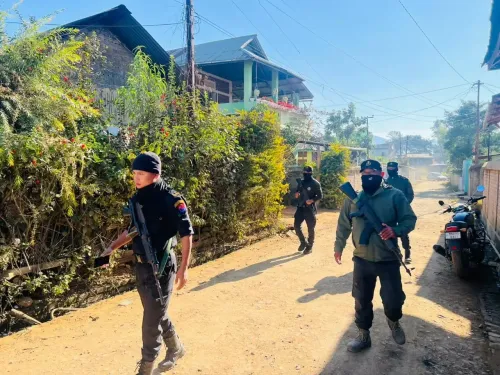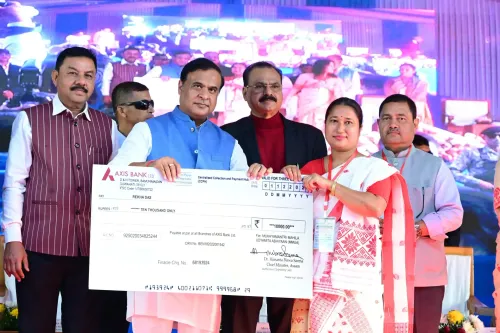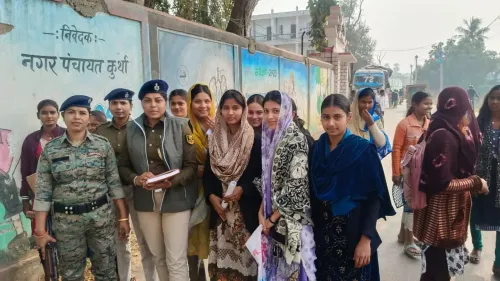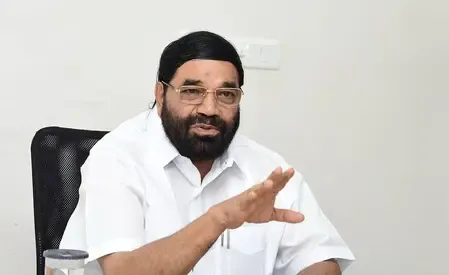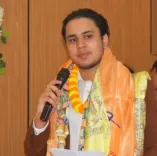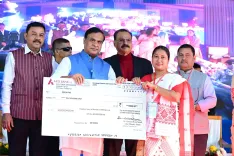Record Suspension: 21 AAP Legislators from Delhi Assembly
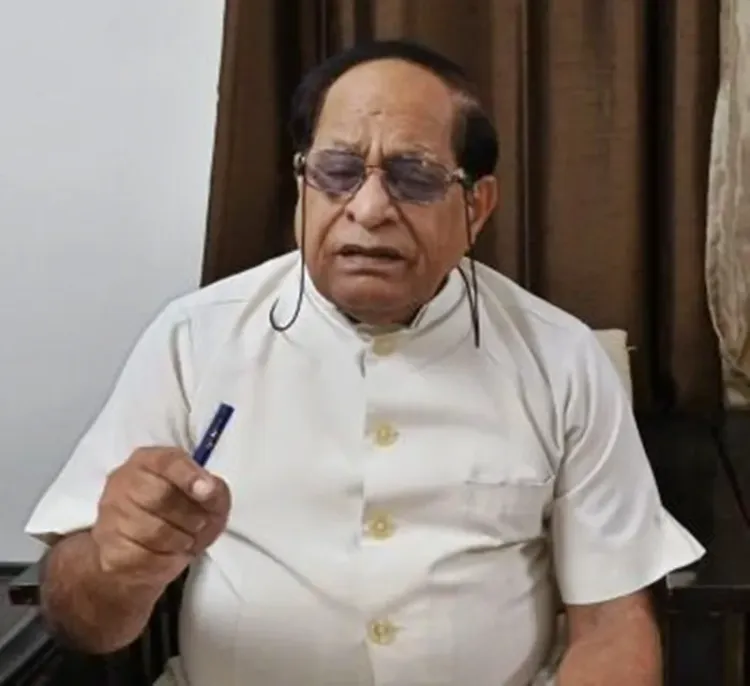
Synopsis
Key Takeaways
- 21 AAP legislators suspended for disorderly conduct.
- This is the largest suspension in 10 years.
- Suspensions reflect the strength of AAP in the Assembly.
- Historical context of legislative suspensions discussed.
- Hope for restoration of parliamentary practices under new governance.
New Delhi, Feb 25 (NationPress) The suspension of 21 Aam Aadmi Party (AAP) lawmakers from the Delhi Assembly on Tuesday marks the highest number of legislators penalized for disorderly conduct by the Speaker in the last decade. S.K. Sharma, former secretary of the Lok Sabha and Delhi Assembly, stated, “The reason for such a large number of suspensions is due to the diminished strength of the Opposition following AAP's overwhelming majority in the Assembly.”
Historically, suspensions have rarely exceeded 8 MLAs in the past ten years, as the BJP consistently had fewer legislators, Sharma noted. The legislators were suspended for disrupting the address of Lt Governor V.K. Saxena during the session.
Sharma emphasized that the suspension of the entire Opposition is not an unusual occurrence within legislative frameworks, recalling that such actions have been common since 1993 when Madan Lal Khurana became Chief Minister. It is typical for Speakers to assume that all Opposition members are suspended when one is called out.
The parliamentary tradition dictates that all Opposition lawmakers who support or walk out in solidarity with a colleague are suspended. Sharma, recognized for establishing the rules of the Delhi Assembly, pointed out that the last time the Opposition had more than 21 MLAs was during the 2013 government of Arvind Kejriwal, when the BJP had 31 legislators.
Previously, the most significant Opposition force was in 2008, with 23 BJP members after the Congress won its third consecutive election in Delhi. However, since 2015, the BJP has had only eight or three legislators in the Opposition.
Sharma criticized the AAP government for eroding parliamentary norms in the Delhi Assembly over the last decade, reminiscing about an era when suspension was viewed as a badge of honor for lawmakers.
During Khurana’s tenure, there was a competitive spirit among Opposition members to voice their opinions in the Assembly. “There were lengthy and informative discussions, and Fridays were dedicated to private member bills, all of which have ceased under Kejriwal, who transformed the Assembly into a platform for attacking Prime Minister Narendra Modi, with little room for others to speak,” Sharma remarked.
He expressed hope that the new BJP government under Chief Minister Rekha Gupta and the Lt Governor would restore the Question Hour and the introduction of resolutions and bills.
Sharma recalled a time during his term as Secretary of the Delhi Assembly when it became nearly impossible to physically remove a robust Sikh BJP legislator. “I had to personally approach him and ask him to comply with the Speaker’s order to avoid further complications,” he added.


